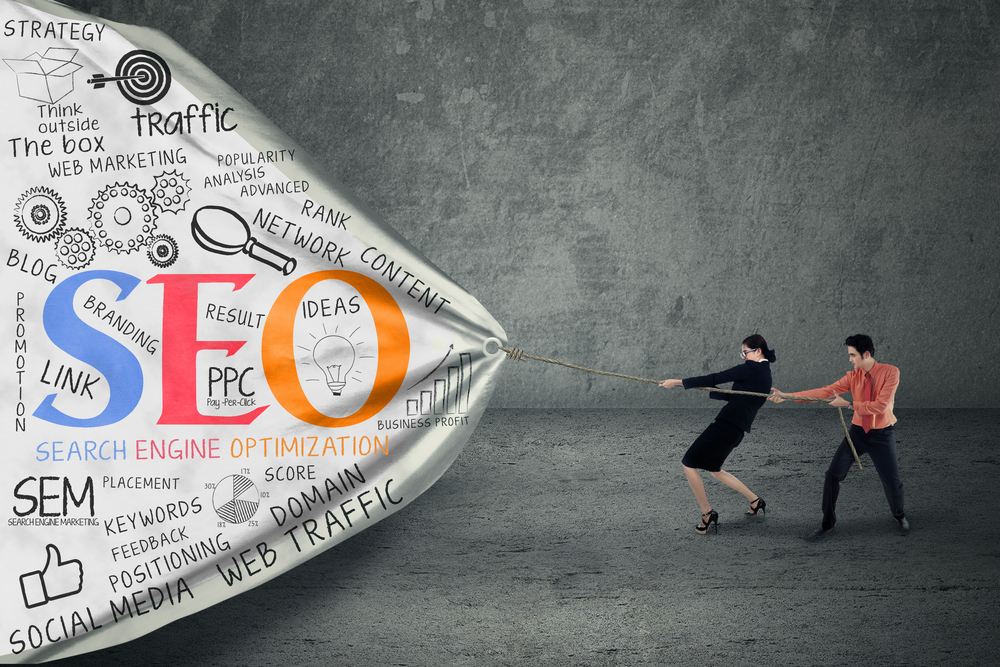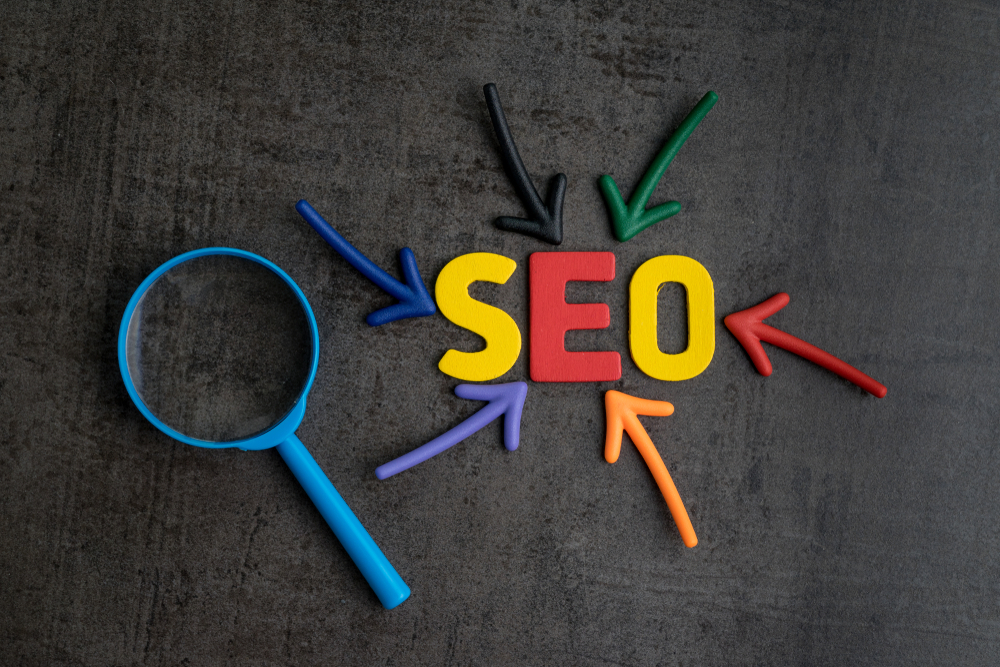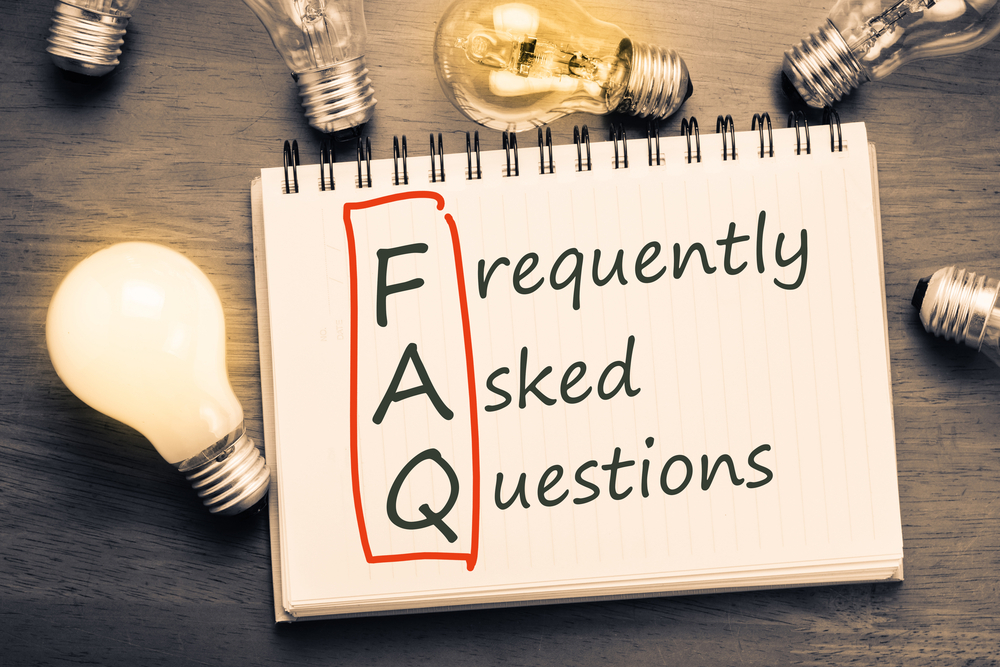
SEO, or search engine optimization, is the process of getting your website to rank high in search results. Although there are many ways to do this, SEO for websites focuses mainly on optimizing your site’s code and ensuring that it contains good keywords relevant to what you sell. This way, when someone searches for something related to your business online, they will see your site as a result. Not only does this increase traffic and leads, but it also increases brand awareness overall.
However, some businesses may be hesitant to use SEO due to the stigma attached to it over the years—that it’s either too difficult or ineffective compared with other forms of marketing like pay-per-click ads or social media campaigns…
What is SEO?
SEO is the process of improving the visibility of a website or a web page in search engine results pages (SERPs). In general, it’s considered to be a marketing discipline that focuses on techniques to increase traffic to a website from search engines via “natural” or un-paid (“organic”) search results.
When you are looking for something on the internet, you start by typing keywords into your browser. The most relevant websites will then show up as top results on Google and other search engines like Bing and Yahoo!
What’s the reason for a website?
A website is an important component of your business. It’s your virtual storefront, and you want it to be as effective as possible at helping you sell your products or services, provide information about them and market them effectively. A well-designed website is also a great way to improve the image of your company by showing potential customers that you’re professional and serious about what you do.
A solid SEO strategy will help ensure that people can find out about all these things when they search on Google or another search engine.
Elements of SEO Marketing

SEO is a broad term that encompasses many different marketing strategies. You should know what each of these elements is and how they work together to create an effective SEO marketing strategy for your business:
Content
Content is king. When it comes to SEO, content is the most important part of your website. If you want people to find and read your site, you need great content.
When someone searches for something on Google or another search engine, they’re looking for specific information that can help them solve an issue or answer their question. They don’t want fluff; they want facts! So if there’s one thing that every website needs in order to rank well in search engines’ results pages (SERPs), it’s good quality content.
Keywords
Keywords are the words people use to search for products or services online. The more relevant keywords you have, the higher you’ll rank in Google and other search engines.
Keywords help you get traffic to your website, generate leads, build a brand and sell products.
Off-Page SEO
Off-Page SEO is a set of activities that help you improve your website’s search engine rankings. The main focus of off-page SEO is to build links, social media engagement, and local citations.
· Backlinks – Links from other websites pointing back to yours are one of the most important ranking factors for Google, Bing, and other search engines.
· Social Media – Social media is an excellent platform to promote your brand and get more exposure for it online as well as offline (e.g., Facebook ads).
It also helps increase brand awareness among new audiences who might not have heard about your business yet because it’s free but requires time investment from your side if done properly instead of just posting random stuff every day, which means more work but less results in terms of traffic generation so make sure whatever content/posts go out there into social networks should be relevant enough so that people actually care about what they’re seeing/reading on their feeds instead just wasting time doing nothing productive!
Local SEO
Local SEO is the practice of optimizing your website for local search, which means you want to ensure that when people in your area are searching for something like “plumber” or “carpet cleaner,” your business appears on top of the results.
It is different from regular SEO because it’s focused on getting more clients from within a specific geographic area rather than globally. It’s also a lot harder to do well; while there are some similarities between local and global strategies (such as keyword research), there are also many differences that require specialized knowledge and experience to master them properly.
Search Engine Marketing
Search engine marketing (SEM) is a form of internet marketing that involves the promotion of websites by increasing their visibility in search engine results pages (SERPs). SEM includes both paid and unpaid methods.
Paid search advertising, often referred to as PPC ads or simply “pay per click” (PPC), can be used to drive traffic to your website or landing page. You pay each time someone clicks on your ad, which means you only pay when there’s a positive result–meaning that if no one clicks on your ad, there’s no cost involved!
Importance of SEO for Modern Businesses Visibility and Rankings

Search engine optimization (SEO) is the process of improving your website’s visibility and traffic through natural search results. This can be done by increasing your site’s rankings on major search engines, such as Google, Bing, and Yahoo!.
Web Traffic
SEO helps to increase web traffic because it can help you get more views on your website and make it easier for people to find you, even if they’re not looking for your exact name or brand.
Authority
When it comes to SEO, authority is an important metric because it helps determine how high up on those SERPs your site will appear–and for how long. The more authoritative your content is (and thusly authoritative sites that link back to yours), the higher up in rankings you’ll be able to climb–and stay there longer!
Authority is a measurement of how much weight your website has in the eyes of search engines. It’s how Google decides what websites are worth displaying at the top of its results pages, and it’s also a factor in determining whether or not you should trust a given site with personal information like credit card numbers or other private details.
Creating a Better Visitor Experience

Your website is a gateway to your business. It’s the place where you can interact with customers and potential customers and provide information about your products and services.
The goal of SEO is to improve the user experience for people who find your website through search engines. This means that when people visit your site from Google or Bing (or any other search engine), they should be able to easily find what they’re looking for without having to spend too much time searching around on the page or clicking through multiple pages before finding what they need.
This doesn’t just mean making sure all of the content on each page is relevant; it also means that each piece should be organized in such a way that visitors can easily navigate from one section of text or image into another section without getting lost along the way.
Remember, Search engines are not perfect
Search engines are not perfect. They can make mistakes, they can be manipulated, and they’re often slow to update. So, if you want your website to rank well in the SERPs (search engine result pages), then you need to pay attention to on-page SEO practices that will help improve its visibility
Benefits of performing SEO on your website

SEO is low-cost when compared to paid ads
Paid ads are a one-time expense, but they can be expensive if you don’t know what you’re doing. For example, Facebook Ads cost $1 per click on average, and Google AdWords costs around $2 per click (not including the cost of bidding). If you make a mistake with your ad copy or targeting options, it could cost thousands of dollars in wasted spend before you realize it’s not working!
Meanwhile, SEO is free–you just need to invest time and effort into making sure that people find your website organically (i.e., without having paid for those visits). SEO is a long-term strategy: once implemented correctly, it will continue paying off over time as long as people continue searching for your products or services online
Building trust with readers
The more often people search for a particular topic, the more likely they are to trust that topic. If you have an article about how to make money from home, then it’s likely that many others will be searching for the same thing and finds your article first. This means that they’ll see how helpful your content is and come back again in future searches on the subject.
Your website needs to be on the first page of Google organically.
The reason? When people search for something, they don’t go past page one. It’s just not how humans are wired–we like what we see, and we stick with it. And if you’re not on page one, and then you’re losing potential customers to your competitors who are ranking higher than you in SERPs (Search Engine Results Pages).
Generate leads and build a relationship with your customers
You can use your website to generate leads and build a relationship with your customers. This is a great way to do it because it’s free!
You can use SEO (Search Engine Optimization) techniques on your site in order to get more traffic from search engines like Google. This will also help you rank higher in the organic search results when someone searches for something related to what you sell/provide/do on the Internet.
Good results require minimal upkeep when it comes to SEO and long-term benefits.
SEO is a long-term strategy that requires minimal upkeep. You can expect to see results within weeks, but you’ll need to keep up with the basics in order to maintain them. The good news is that it’s not very expensive or time-consuming, and it will save you money on advertising costs in the future.
Your competitors may already be committed to SEO and understand its benefits.
You may be thinking that SEO is a short-term fix and you can get quick results by doing some quick fixes, but it’s not true. SEO is a long-term strategy that requires patience and persistence to see results in the future.
In addition, if your competitors are already committed to SEO and understand its benefits, then there is no reason why they wouldn’t be taking advantage of it while you’re still learning about this topic.
Conclusion
I hope this article has helped you understand the importance of SEO for your business. If you have any questions or comments, please feel free to contact me at BSK or leave them below and I will get back to you as soon as possible.
FAQ:-

Q:- Should I hire consultant, SEO professional, or agency to help with my site?
Hiring an SEO professional, consultant, or agency is a great idea. The best way to ensure that your website ranks well in search engines is to hire someone with experience with that kind of thing. You can also hire them to do other things related to online marketing, such as social media management and content creation.
Q:-What is black hat or White hat SEO
White hat SEO is a strategy that uses search engine optimization to improve the visibility of a website in search engines. The main goal of white hat SEO is to make content more relevant for users and help them find what they are looking for faster.
Black hat SEO attempts to manipulate search engine results in ways that are disapproved by Google, such as buying links or using keyword stuffing. It can result in a penalty from Google.
Q:-Can SEO will help people find you on the internet
Yes! Search engine optimization SEO is the process of optimizing a website or web page so that it appears higher in search engines. This is done by obtaining high-quality links to the site and creating content that search engines love. This means that when someone types a query into a search engine, you would like them to see your website in their results.
Q:- For SEO, can I know my website goals?
Your business goals will determine the goals of your website. The best way to determine these is by first thinking about your company’s goals and what you want to do with your website, then ask yourself if those goals align with your SEO plan’s goals.
Once you have this information, use it to create an outline for your SEO plan. You can then use this outline as a guide to developing your SEO plan.


[…] engine, those words are like a guide that helps find relevant websites. This is the core of SEO (Search Engine Optimization), which helps your website get noticed online. Without keywords, it’s like trying to find one […]
[…] you looking to boost your website’s visibility and attract more organic traffic? Wondering why SEO is the key to achieving online success? Well, […]
[…] page appearing in search results, ultimately boosting your organic reach. Make sure to include your website, contact information, and a brief description of your products or […]
[…] the always-changing world of SEO, using keywords is very important for getting more people to visit websites and helping them rank […]
[…] your brand on the internet. Here are 15 amazing digital marketing tips to help you improve your online business, reach more audiences and engage with your existing […]